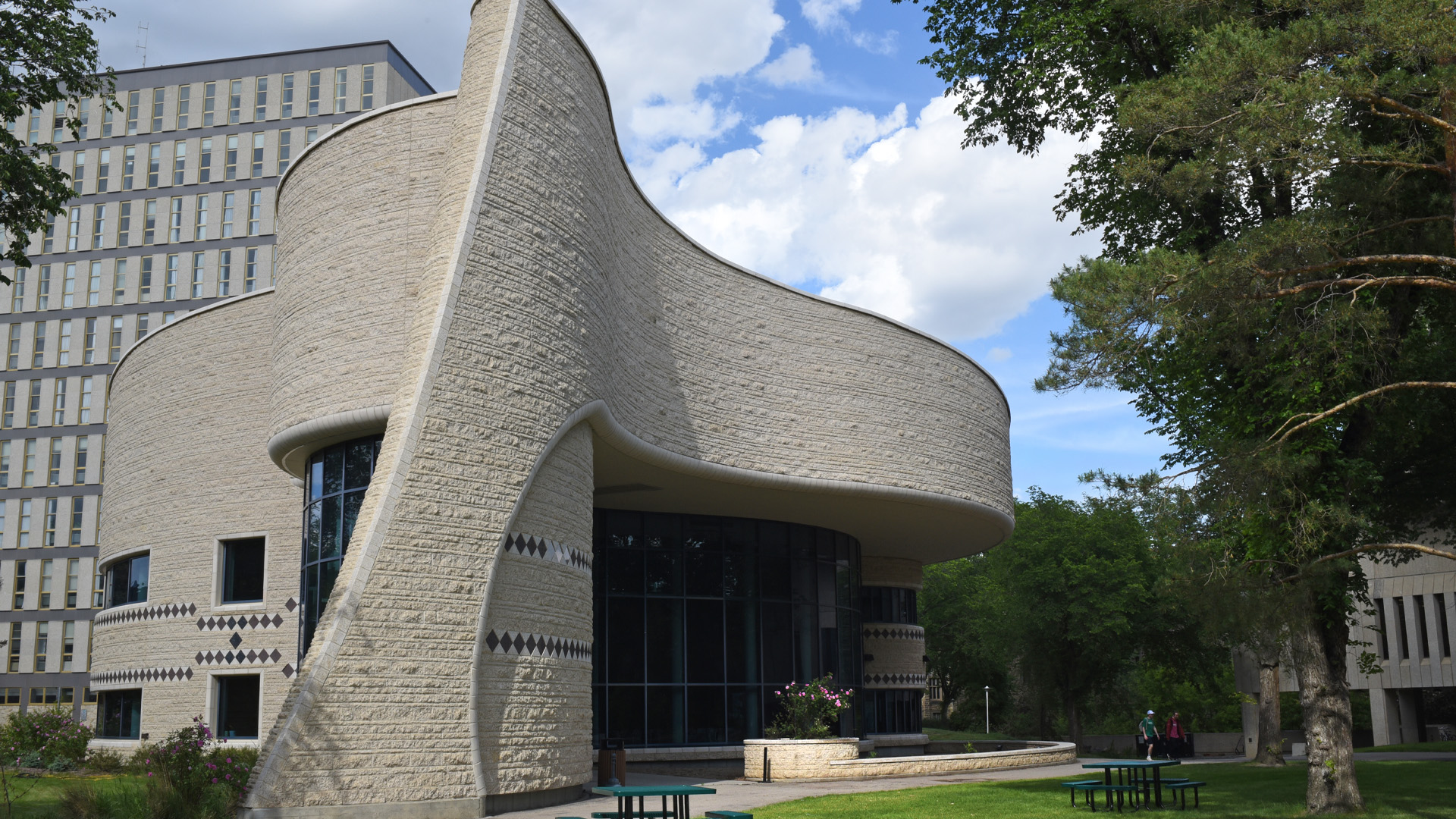
Resilient communities are the bedrock of prosperous, stable societies. So what makes for resilient communities? First and foremost, it’s knowledge: the insight to recognize disruptive change, face challenges and seize emerging opportunities. By working together, communities and universities have terrific power to generate and leverage that knowledge together.
“Disruptive change” can take many forms: environmental, social, economic. In Canada and around the world, we see it manifesting in climate change impacts on traditional industries like fishing and agriculture, in urbanization and outmigration, in workforce changes brought on by technologies like artificial intelligence, in smart city development arising from the Internet of Things, and more.
There’s a persistent misperception that communities merely experience these kinds of changes while university researchers investigate them. Knowledge generation is often viewed as a one-way process: “out of” the academic arena and “into” the world.
Yet the reality is that communities possess deep knowledge of change, its drivers and its impacts. In many cases, they actively seek change to realize the vision of a better future. Establishing two-way, symbiotic relationships between communities and universities — in which the community is an active participant, stimulating and focusing research and innovation — will generate the resiliency and creativity needed for our communities to navigate a disrupted future. Doing so means bringing the community from outside of campus to the heart of campus, where it can help inform the work of students, faculty and staff.
This two-way exchange and pursuit of knowledge can bring any number of benefits. The presence of the community on campus — be it through research partnerships, knowledge exchanges, or social and cultural activities — as part of the life of the university, enriches the student experience, informs research questions and broadens the range of perspectives considered. It gives universities better exposure to where their intellectual resources are most needed.
At the same time, communities access specialized research expertise and innovation to understand and formulate solutions to crucial challenges — and to seize new opportunities. Through universities’ international academic connections, they can establish links with other communities around the world facing similar questions. That global reach can be a powerful accelerator of innovation.
The good news is that Canada has the potential and the strategic opportunity to become a global exemplar of this exchange of people, insight and innovation between communities and universities. In fact, it’s already happening in many pockets across the country.
Canada has the potential and the strategic opportunity to become a global exemplar of this exchange of people, insight and innovation between communities and universities.
What does meaningful two-way community-university collaboration look like in action? From place to place the answer will be different; that flexibility is part of the inherent value of the approach. It requires tapping into the scope of assets and capabilities of universities and communities alike, and establishing the kinds of partnerships and mechanisms that will unlock those strengths.
Today, for example, the city of Oshawa, in southern Ontario, has partnered with the University of Ontario Institute of Technology, Trent University, the University of Toronto and Durham College to create a “Teaching City,” making Oshawa a living lab for exploring urban issues, with commercialization of the resulting solutions.
BC’s Simon Fraser University is working with First Nations partners and the University of New Brunswick on the “First Mile” project, researching and documenting the rollout of local broadband infrastructure to establish best practices and help extend the benefits of technological connectivity to First Nations across the country.
Successful societies throughout history have ensured their resilience through this kind of collaboration between communities and places of knowledge, where questions are explored and people seek enrichment. Ultimately, it’s a matter of tapping human potential, which is our greatest asset.
Canada has an opportunity to be a leader. No other country has formally made an exchange between communities and universities central to its economic, social and cultural evolution. Our country has all the right ingredients to make this approach a reality here — and thereby gain a competitive advantage in the changing global economy.
At the local level, universities are the ideal partners to help municipalities plan for the future in light of social, economic and demographic trends. Across Canada, expanding work-integrated-learning programs to place more students into community organizations and governments will bring new knowledge and fresh thinking into community planning. Social enterprise — which Canada’s universities and communities have long developed together — should also be brought into Canada’s innovation agenda.
These are but a few examples of how governments can mobilize universities’ networks across sectors, including industry partnerships, to make our communities stronger. And when our communities face serious challenges, the convening power of universities can bring objectivity, evidence and neutrality to crucial decision-making processes.
Commitments from universities, communities and all levels of government can make such an exchange a strategic goal — and subsequently a reality — for the benefit of all Canadians. The result will be stronger communities that are better equipped to face the challenges and seize the opportunities that the remainder of this century will bring.
Illustration: Shutterstock, by Dmitriy Domino.
Do you have something to say about the article you just read? Be part of the Policy Options discussion, and send in your own submission. Here is a link on how to do it. | Souhaitez-vous réagir à cet article ? Joignez-vous aux débats d’Options politiques et soumettez-nous votre texte en suivant ces directives.








